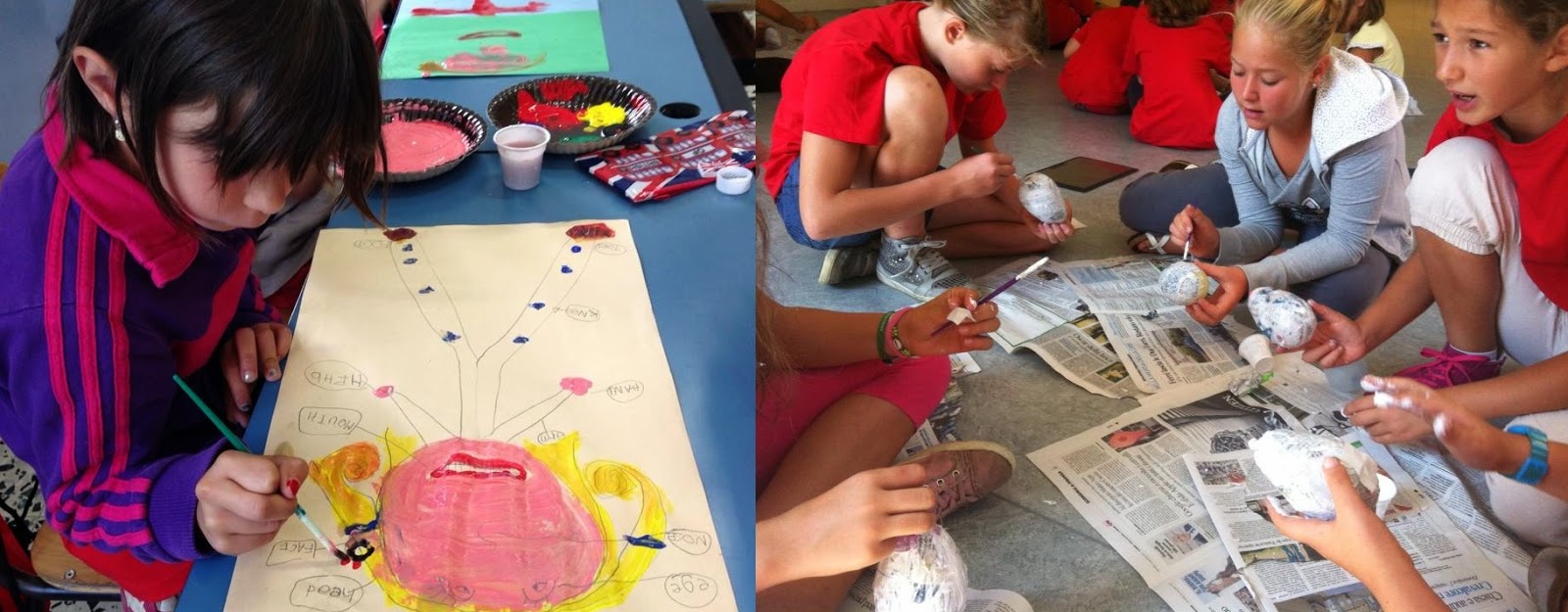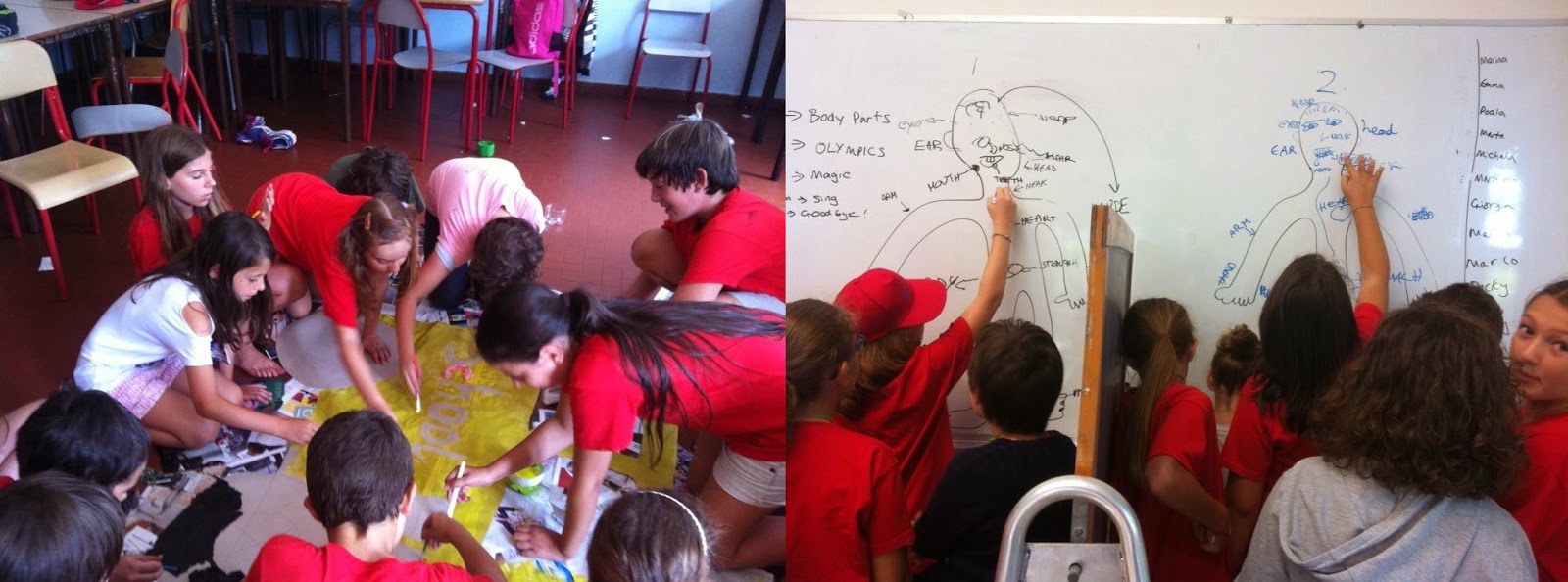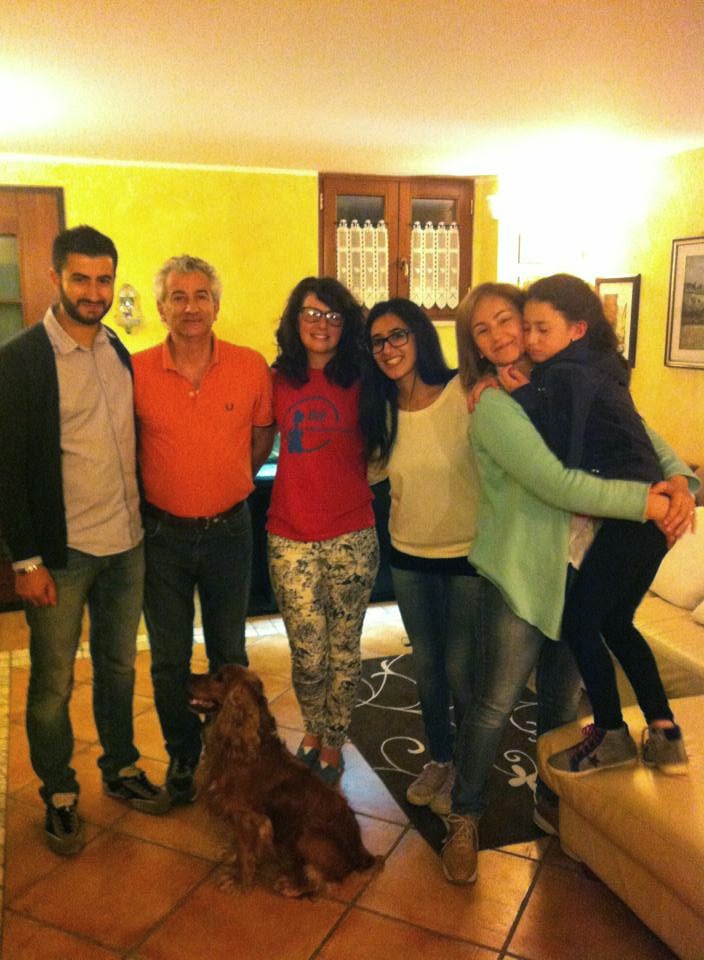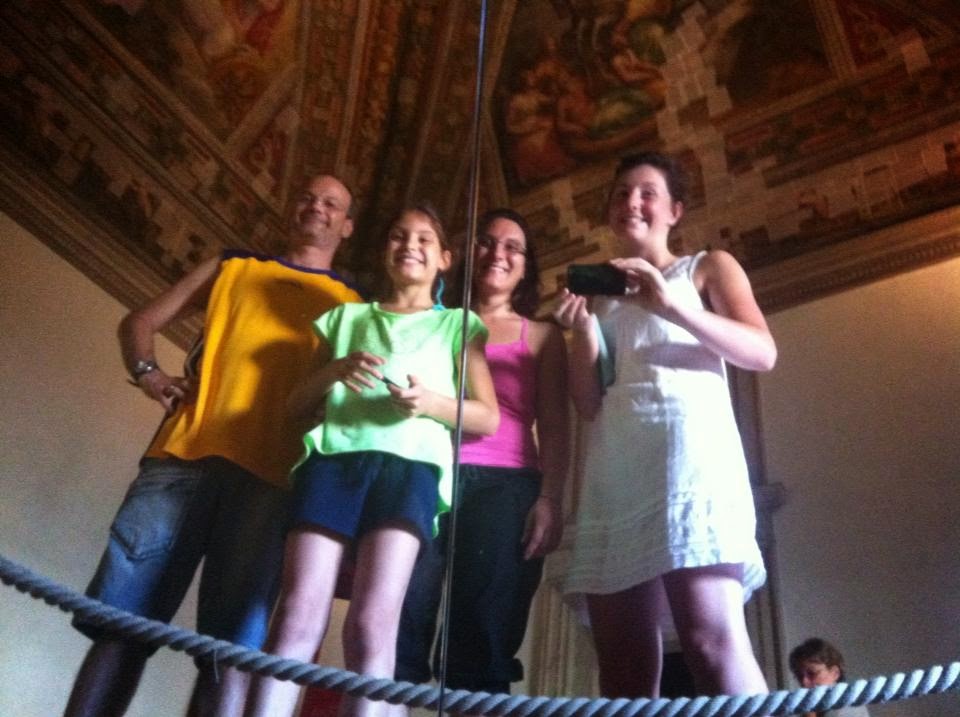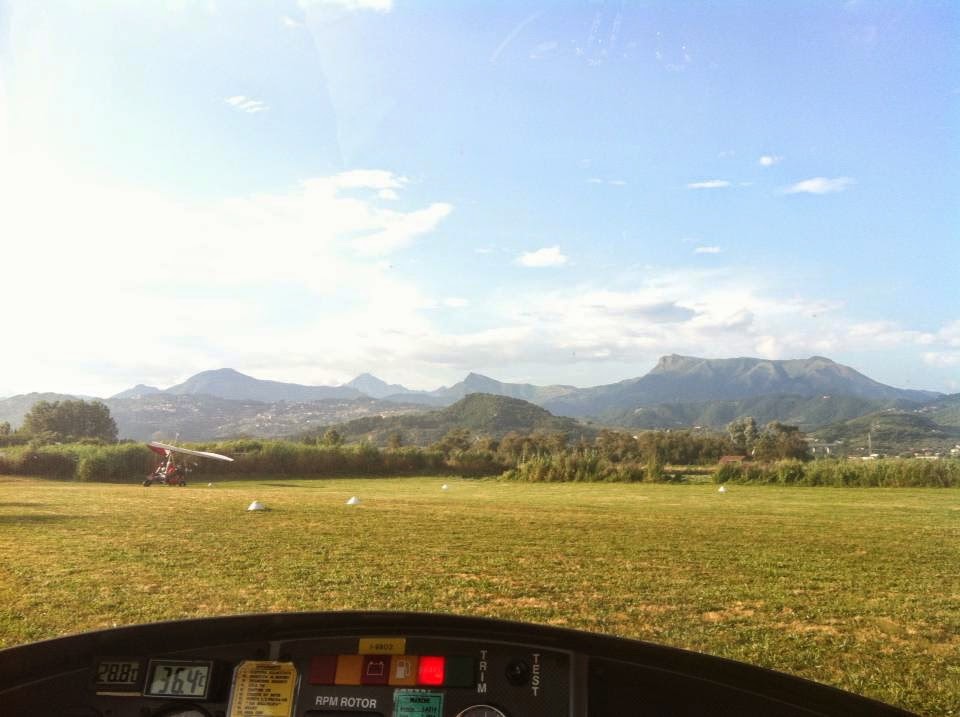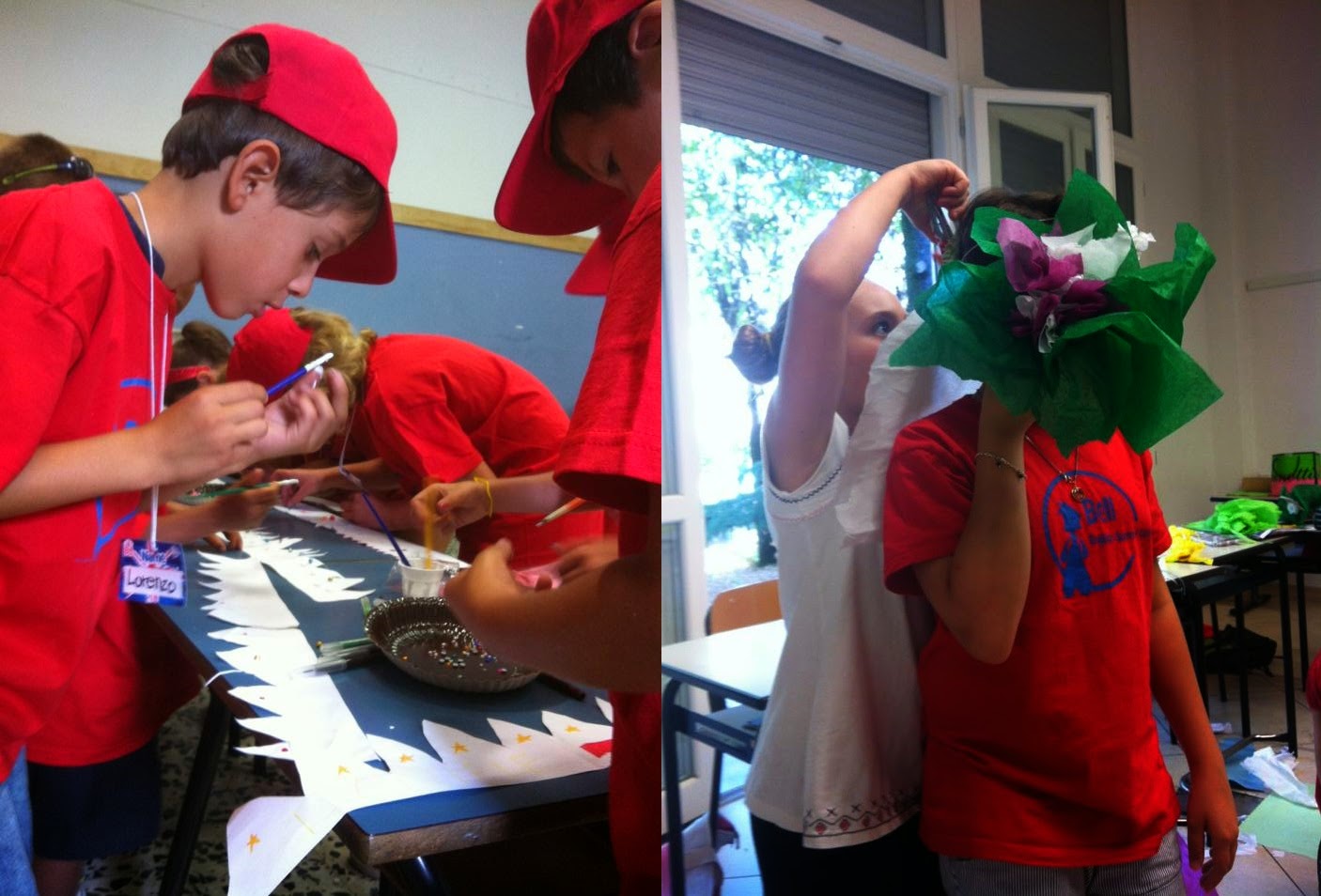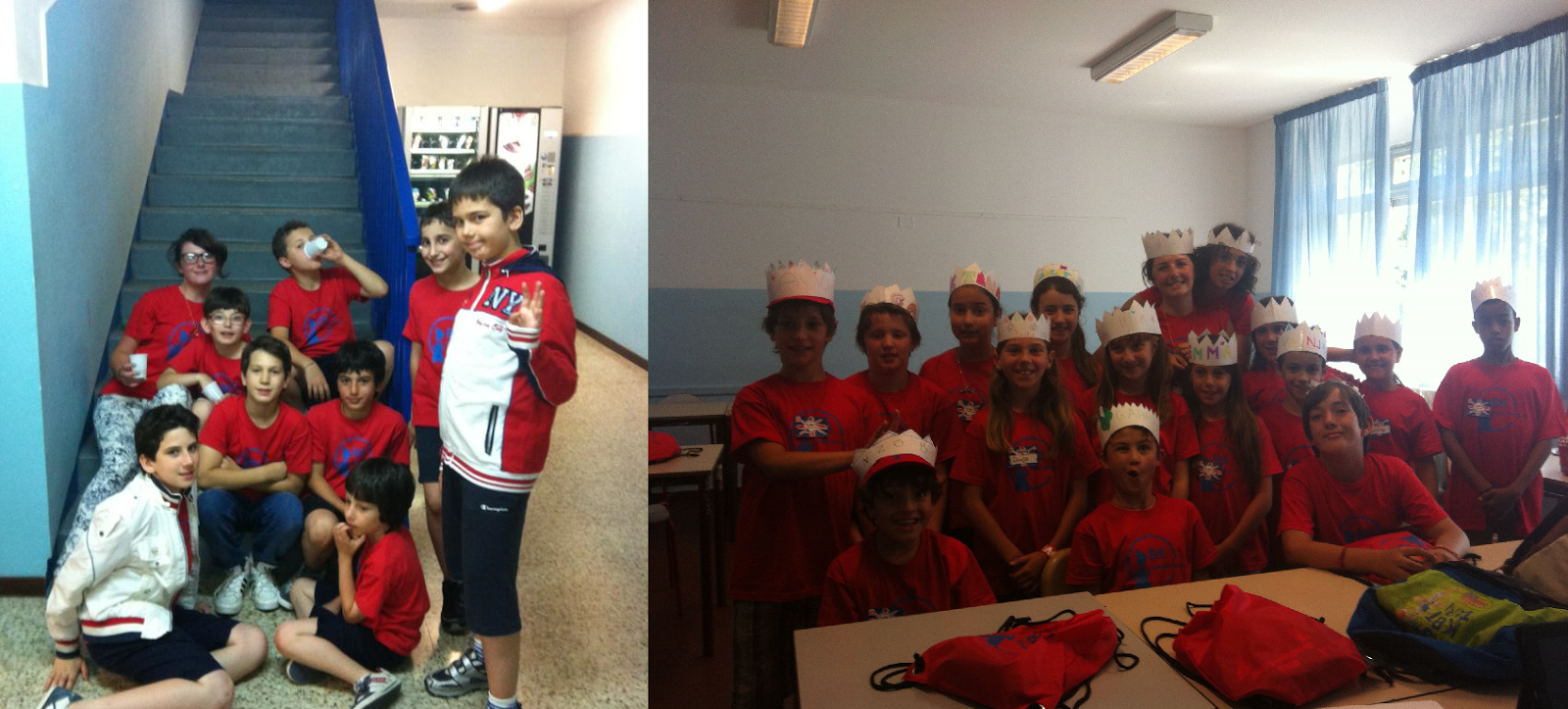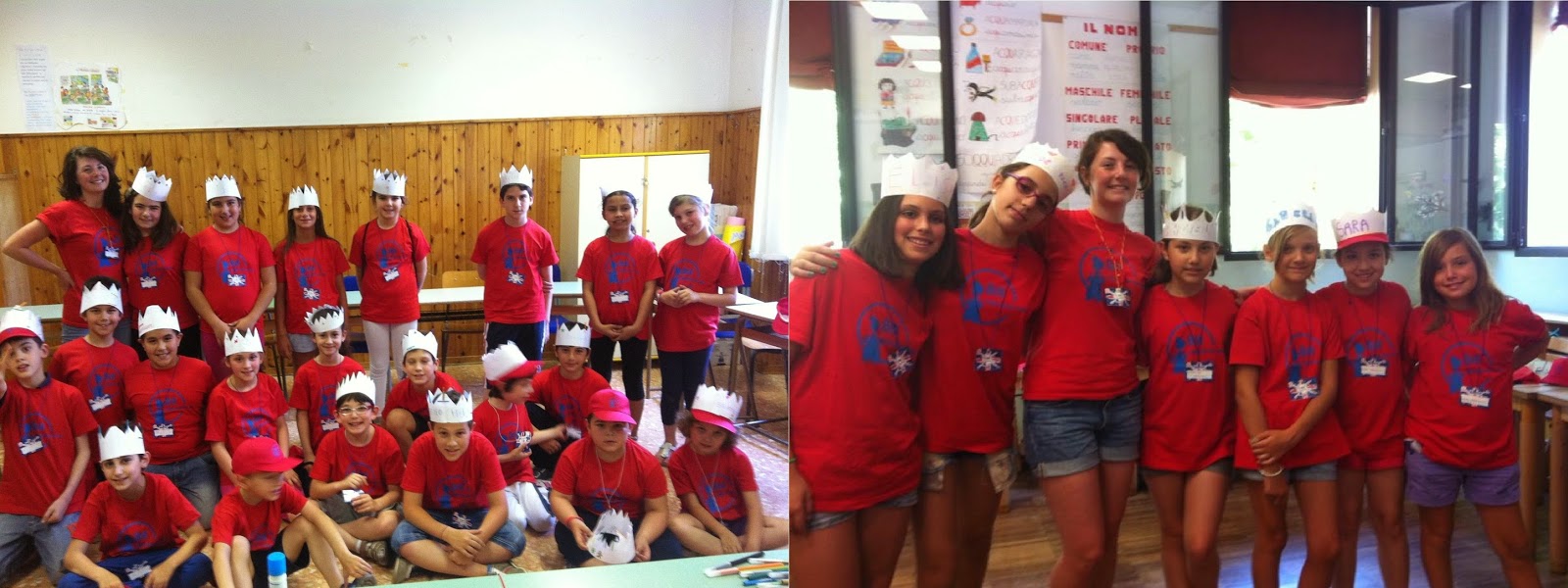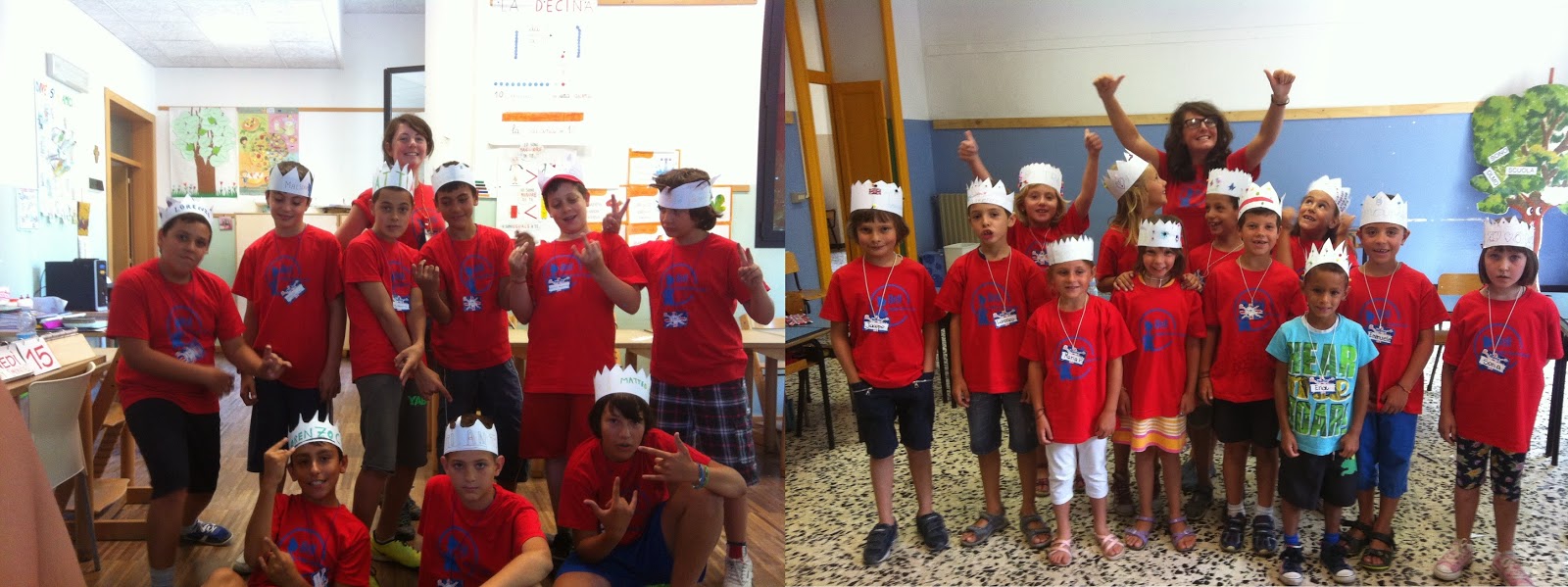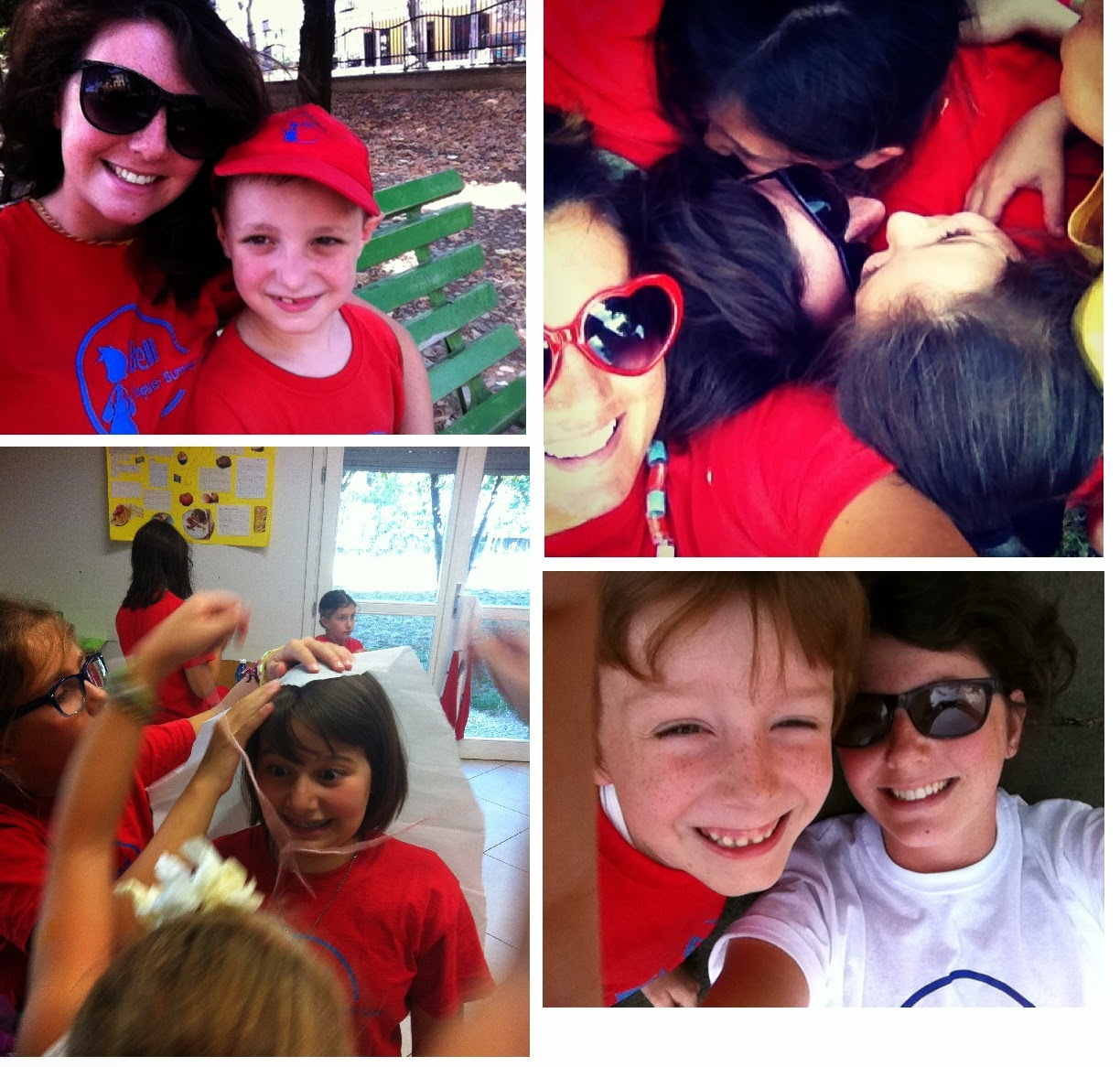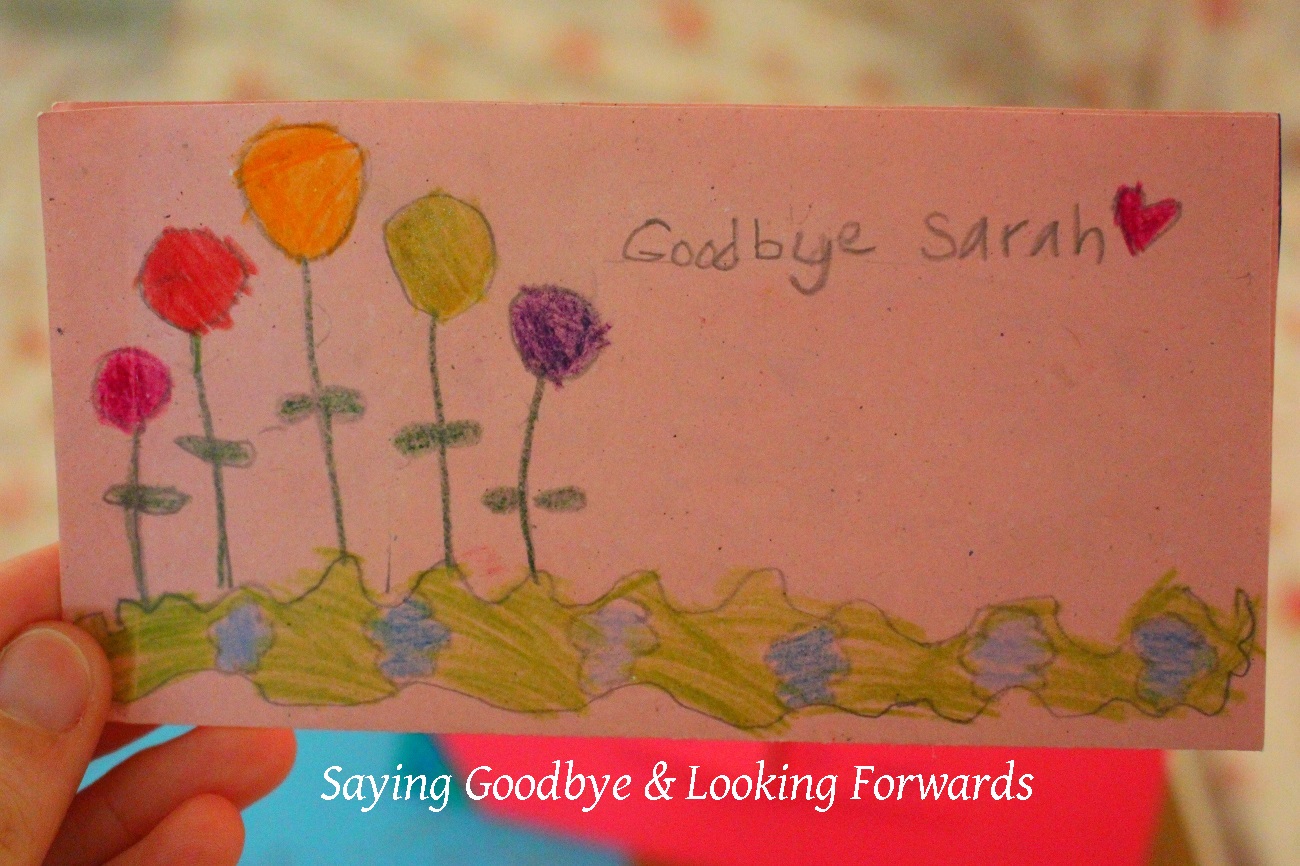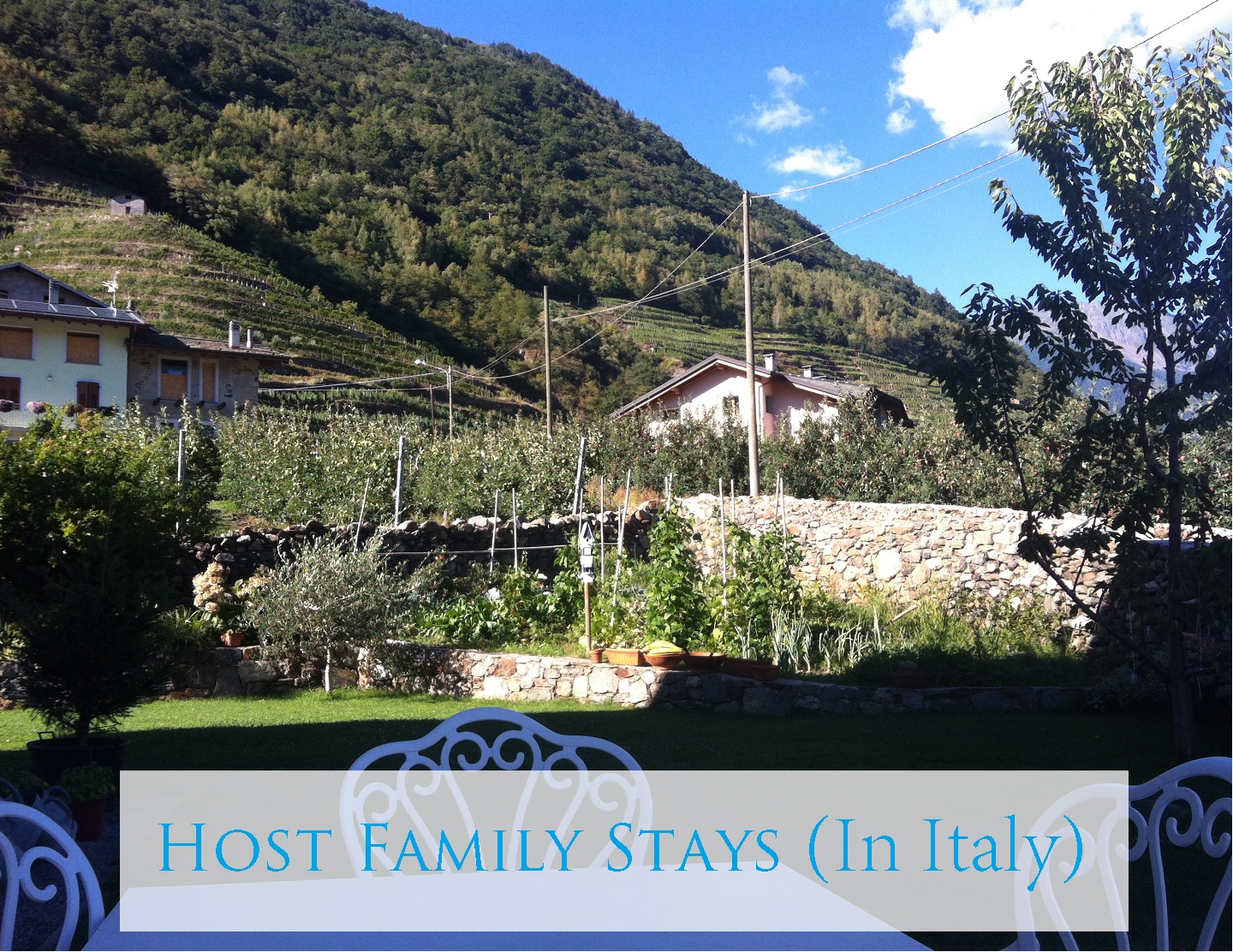Spending a summer teaching at English camp was one of the most fulfilling ways I have spent a summer. If you are a native English speaker or an independent/proficient speaker, with some experience either in childcare- be that from babysitting, volunteer work with kids, scout leader, etc- or in teaching, you have all the tools necessary for a summer abroad at camp. All what’s next to do is decide where in the world you want to go!
If you are looking at saving money and live in Europe, stick with European camps. You won’t have to pay excessively for flights and won’t need to spend a penny on a visa. A friend of mine spent a summer at Camp America but just about broke even afterwards. Same goes if you are non-European- unless you are like my Canadian girlfriend, who fund-raised for her flights, then worked at a camp with me in Italy to use the money to travel around England. Things brings us nicely to the first reason for being an English Tutor this summer:
8. It Pays for Travel Later
It seems that in general, a 2-week camp will earn you anywhere between £200-£400, with food and board included. Get a couple camps racked up and you’ll soon have enough to travel blissfully around the country. In Italy I worked 3 camps one after the other, making 6 weeks total, and earned about £1000 (I would have had more but I was buying too many espressos and nutella gelato). With this I had some amazing experiences across Italy, from Naples to Sicily, Rome,Florence and Venice. (I’m currently writing up my memories travelling solo around Italy, please keep posted!)
7. Accommodation Provided by a Host Family
Living with a host family is an unmissable experience. It gives you the opportunity to live like a local and really embrace the language and culture from a generous family who have opted to have you stay. While working in Italy I stayed with 5 different host families. It is amazing how bonds are made in just 2 weeks. Each time I said goodbye to my host family there were tears and promises to see each other again soon. It’s only on the train to the next camp you can take a breath and finally enjoy the peace and quiet away from the screaming children, drama and chaos (although this depends on how many children are in your host family… and how many you’re used to living with at home. I’m one of six so my threshold was pretty high).
6. Live and Work in Quaint and Lesser-Known Towns You May Never Have Otherwise Seen
While teaching in Italy I was blessed to have lived with families from the following towns: Teramo, Massa Di Carrara, Baricella and Tirano, and a family in the city of Bologna. After training finished and everyone started getting put here and there, at first there was big envy of the staff chosen to work the camps in Florence and Rome and other big cities. As it turned out, those camps were some of the worst. The children were your typical ‘city kid’ and particularly rude and spoilt. In addition, the camps were extraordinarily huge with around 10 tutors to 170 children…. I don’t even want to imagine how Circle Time Songs played out.
However, mine were far more localised and in my opinion, a more rewarding experience. In Teramo and Massa di Carrara there were just two of us teaching and around 30 students, while in Baricella and Tirano there were four of us teaching and around 45 students. By the end of the 2-week camp I would know the names of all the campers and their individual personalities. The smaller camps were far more manageable and we could do whole camp activities- for example in Tirano we set up a Dodge-ball Tournament in the gym, while in Baricella we organised the campers into teams and spent the afternoon doing a “mini Olympics”, with medals awarded to the winning team at the end- Team England sadly lost but we did of course champion over Team Ireland!
5. Weekend Breaks
The camps I worked ran Monday-Friday around 9am – 4.30pm. You had to supervise at break and lunch so you weren’t really entitled to a break, unless tutors took turns to cover each other. Therefore the weekend after the first week of Camp is super important to relax and see some of the local neighbourhood you’re staying in (especially because after this weekend, in the second week of camp… the kids are absolutely insane… words just can’t describe it.. it’s like they have eaten nothing but pure sugar canes all weekend, oh wait, if they’re Italian- they probably have).
I was lucky enough to be welcomed on a range of trips with my host families. I preferred this because I loved my families and wanted to spend more time together to learn from them. Other staff, especially those in Rome, chose instead to meet up with each other and go into the city to explore, which is fair enough. I saved the sights for my travelling afterwards, so taking these weekend breaks with local families, for me, was a really special and unique experience.
Couple of trips included a day trip to the Cinque Terre, which was even more fabulous because the dad was proficient in English and able to explain all the history and wonderful details about these beautiful coastal towns. Another trip involved hiking in the mountains in a place that translates to “Horn of the Stairs”. We took the two golden retrievers and had a picnic lunch by a clear-running waterfall. I was also shown around Pisa and then given a unique experience flying in an aircraft taking in the glorious Tuscan views. In Tirano I was blessed with a host family who owned a cabin house with views of the Alps all around. I actually really adored Tirano and would advice anyone wanting to travel Italy to take it into account. It’s a beautiful green and hilly town with clean air and a bright red train that comes choo-chooing right through the little town centre.
4. Not a 24/7 Deal Like Camp America
You don’t have to make sure the boys and girls aren’t sneaking into each others dorms or getting up to other mischief, or forcing them to wake up in the morning. As soon as you get home, your air of responsibility just evaporates right off. Most families let you go to your room and have some “me” time,but some are overly-clingy and just want to spend as much time with you as possible. The kids may come and knock on your door and want to play something you taught them at camp…. which could get old very quickly. Especially if the kid is a little demon when it’s around it’s parents- something I noticed a lot. They’ll have a full blown fit with their parents over something stupid like not wanting to put their trousers on and you’ll be stood their awkwardly not sure what to do. The good news is you don’t have to do anything, you’re not an au-pair!
In Massa my host family included a 22 year old brother and 24 year old sister. They made plans for literally every night of the week and introduced me to all of their friends. My 20th birthday fell on one of the nights and they made me feel so special! I felt like I had known them and their large circle of friends for years. Slightly hungover at camp the next day though…
3. The FOOD
What better way to experience a country’s cuisine than to eat delicious home-made meals from local produce?! All of my host mama’s were fabulous chefs and nothing beat sitting around the table with the fam and enjoying bite after bite.
I will eat pretty much anything- in Vietnam I tried dog meat and also bit the live and beating heart out of a snake. We are talking European camps here so don’t worry too much but try and be open minded! In Teramo my host family handed me a dish of some snot coloured octopus stew thing but it was so delicious I asked for seconds!
At camp your family will either give you a packed lunch or pay for you to eat at the school. Tirano by far had the best food at lunch, providing a variety of food to choose from, including the traditional pasta dish pizzocheri which was absolutely incredible- and to think I may never have tried it if I didn’t get put in this camp! They also hired extra staff to deal with the kids while us teachers could sit away and enjoy our food. I miss those lunches so much…
2. Easy Way to Gain TEFL Experience
English Language teachers are in need all over the world. The only thing is you might not be ready to sign a year of your life away to a school in China or Thailand. Working in a summer camp is a great way to dip your feet in the water and see how it feels. Not all English camps require tutors to have a TEFL but I would recommend getting one because it helped me in producing high quality lessons with lots of creativity. I took my TEFL with a great company called I:to:I TEFL, which also has a jobs board with positions worldwide you can browse and apply for.
The TEFL experience you’ll gain from camp will stay with you forever. We learnt how to make learning English a fun and exciting environment to be in, a world away from traditional “sit down be quiet copy the board/translate the text” methodology. You will teach English through games and songs, arts and crafts, sports, drama and so much more. You’ll do some activities in the class, some outside in the field, some just with your class and some as a whole camp, such as face painting and sports day. You’ll learn how to teach a range of ages (likely around 4-14 years old), strengthen your leadership skills and ways of managing a class.
This is a job far beyond the office walls of your nine-to-five. Working in a summer camp I felt wanted and respected as the local community were so thrilled to have native speakers interacting with their children- in fact, back in Teramo our camp was put in the local paper- unfortunately I was taking the photo so wasn’t in the shot!
1. Creating Lifetime Friendships and Memories
If living in a new country for a couple of months, earning decent money, living in local neighbourhoods and eating traditional food, learning the language and being whisked away – at no expense to yourself- on weekend and/or day trips, isn’t enough to get yourself to apply to camps this summer, then think about the truly beautiful and genuine friendships to be made.
The first week prior to camp was a training week where we learnt a range of games and songs to be used. 60 something camp tutors from all over put up for a week, sharing dorms together and spending the evenings at the bar or by the swimming pool. Making friends was easy because everyone was eager to meet new people. There were no “clicks” or any of that nonsense. On the last night of training we had a big crazy party and then from 5am the next morning we set off in our separate directions to camps across the country.
While at camp, your colleagues are the only thing keeping you sane. There was a time I took a breath outside my class just to get away from the kids for a minute (they were driving me crazy) and I look down the corridor and I see my Canadian lover also stood outside her class. I run up to her and give her a hug, she says her kids are just so loud this morning. Me too. We decide we’ll take our classes outside and give them some fresh air, let them wear themselves out playing Olly Olly Octopus while we take a sit down in the shade.
In addition to the friends you’ll make at camp, you’ll have your new families – most of whom will love to stay in contact with you after you’re gone. Me and my host mama in Teramo exchange letters, while me and my host dads in Baricella and Tirano send emails, and me and the brother and sister from Massa have each other on Facebook. Unfortunately I left my host family in Bologna in such a rush to catch the train I was running late for that we forgot to exchange details.
Nevertheless, I know we won’t forget each other. I taught the 12 year old daughter in that family how to dive, she confessed to me her crush and asked for advice- like a real little sister would do. Over in Tirano the 10 year old daughter was an only child and she absolutely adored having me around. She tried on some of my clothes and we painted each others nails. In Teramo I was invited to their della nonna house and literally met the ENTIRE family- aunts, uncles, cousins, great aunts, nieces, cousins once removed, learnt about their family’s history, how the parents met etc, while learning the language and eating a banquet of delicious foods, course after course after course.
This summer I’ve been accepted onto American Village, an English camp that runs in France, but regretfully I’ve had to decline as I’m contracted to teach English in Maldives til December. Probably around September/October I can start looking for positions that start in the new year and last around 6 months, so that I can spend next summer working at a camp again! I really can’t wait.
8 useful tips to remember when you’re teaching English in camps abroad:
1. You do need to sing quite a bit… okay no, A LOT
2. Living in home-stays isn’t for everyone.
3. Only opt to teach English if you really care about teaching English.. some guys at the camp with me had poor attitudes and just signed up to get away from the UK for a couple weeks. They were fired after the first week of the first camp.
4. TALK SLOWLY both in class and around your host family. Their level of English might be relatively low.
5. Understand that you’re in a new country and things might not be done the same as what you’re used to. For example, in Italy the kids were babied a lot. If one fell over and cried but didn’t show any marks or anything, we were still to lavish them in attention and cuddles and make them laugh again.
6. Remember, speaking the native language is NOT a requirement, in fact, in most cases it puts you at a disadvantage. Camps tend to advertise as 100% English immersion with native speakers. You need to teach English using only English. If they don’t understand a word or instruction and you know how to say it in their native language, I would advice you to refrain from doing so. Try explaining it another way, using pictures or miming, asking lots of concept questions (e.g “Do you eat it?”, “is it soft?” etc) and trying to deduct the meaning/answer from the student themselves (we call this ‘eliciting’).
7. Don’t be afraid of the older ones. Some of my friends were too nervous especially around the 12-going-on-13 year old boys. Seriously- take away their mobile phone and get them to take their backwards cap off, and underneath their “swag” lies a child who will play the games and sing the stupid songs as long as you make it interesting, interactive, competitive and rewarding.
8. BOND WITH THE CHILDREN! Have a bit of banter! Get to know them. Understand them. Some of them might not like sports. I know some of the boys really hated the art and craft activities. Tailor the classes around the students. If something isn’t working, be innovative and change your plan. I can’t speak for all countries but I know in Italy it was far less formal than back in the UK. Not so many rules around teacher-student relationships. I would play dodge ball and football with the kids at lunch, and really tackle them or give them a little tickle in order to steal the ball off them, or I’d sit in the shade and comb a girls hair and put it in pretty braids. Sometimes, especially the younger ones, just like to sit on your lap and watch the other kids play. Whatever it is, just relax. No-one is going to lock you up for forming bonds in order to teach English effectively.
All this talk of Summer is making me really miss it! If you’ve worked in a Summer Camp, I’d love to hear about your experiences!
Love Sarah @ Expat of the World

